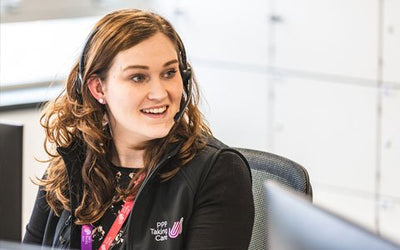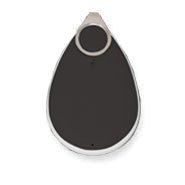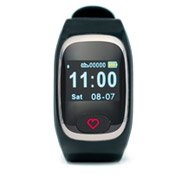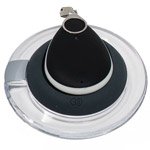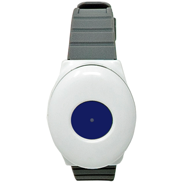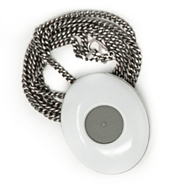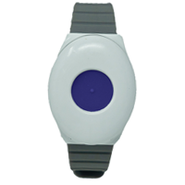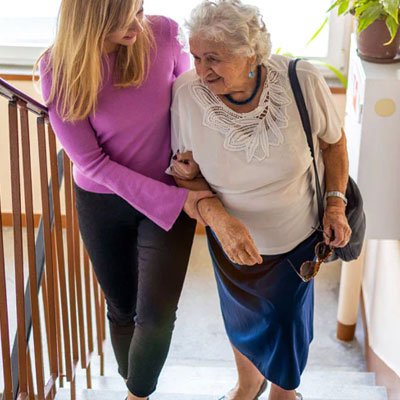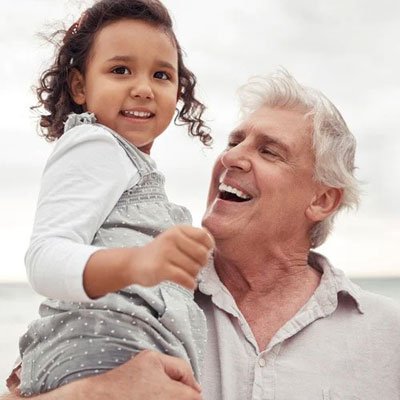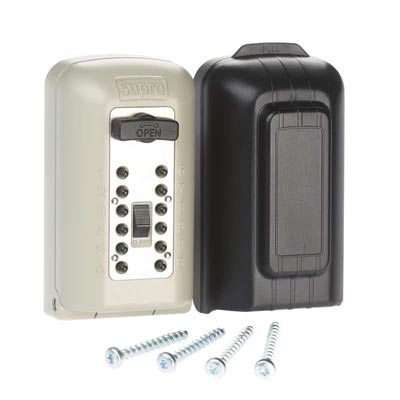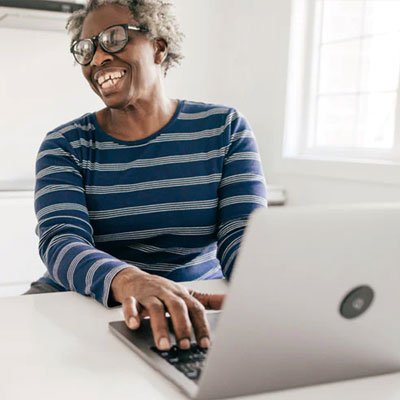Health and fitness
As you get older, it's more important than ever to look after yourself - from keeping active with some gentle exercise and living with medical conditions, to your mental health and general wellbeing.
Spotlight on Carers report
Medical conditions
Get expert advice and tips on staying healthy as you age. Our articles cover common medical conditions and offer insights on prevention and management.
Healthy lifestyle
Get advice for healthy living in later life - stay active, prioritise mental health and maintain a balanced diet.
Mental health and wellbeing
As we age, it's important to prioritise mental health by staying connected, doing fun activities, and seeking professional help if needed, leading to a positive outlook on later life.
How we can help
The features available with panic buttons for the elderly can vary, so it's important to find the right kind of personal alarm service for your needs, whether it's for yourself or a loved one.
Personal alarms for the home and out-and-about
Have the freedom to maintain an active lifestyle, with reassurance help is available wherever you are.
An Out-and-About Personal Alarm will also work in your home so you can get help from Taking Care's Emergency Resolution Team any time of the day or night.
Not sure which personal alarm to choose?
Call 0800 085 7371, Monday – Friday, 8am - 6pm and Saturday, 9am – 5pm, to speak with a Taking Care Sales Advisor.
Elderly care experts answer biggest questions about health and fitness
